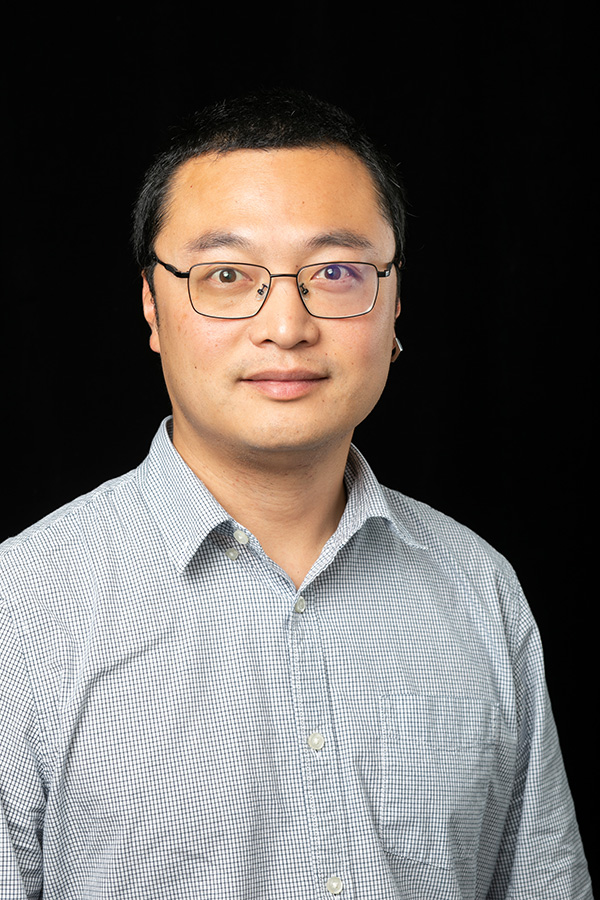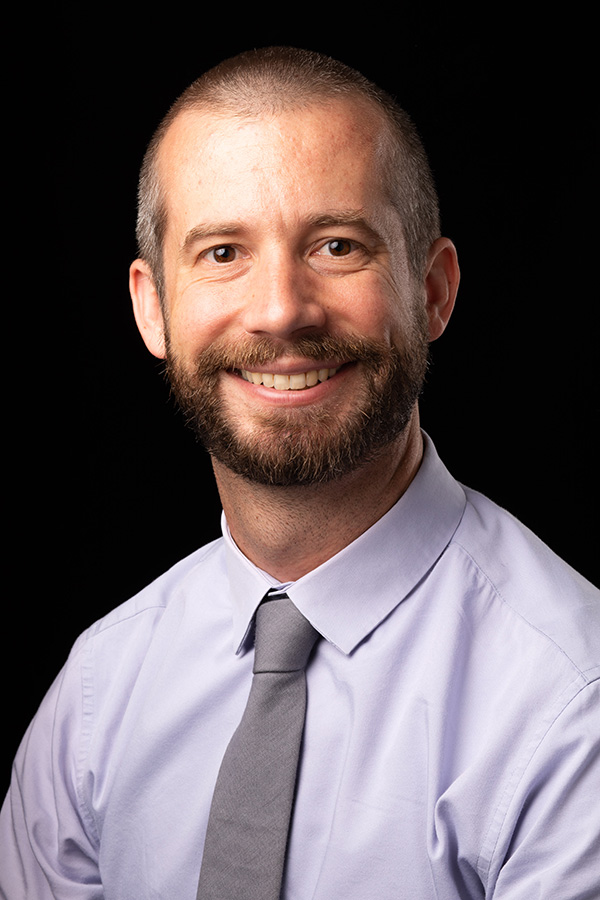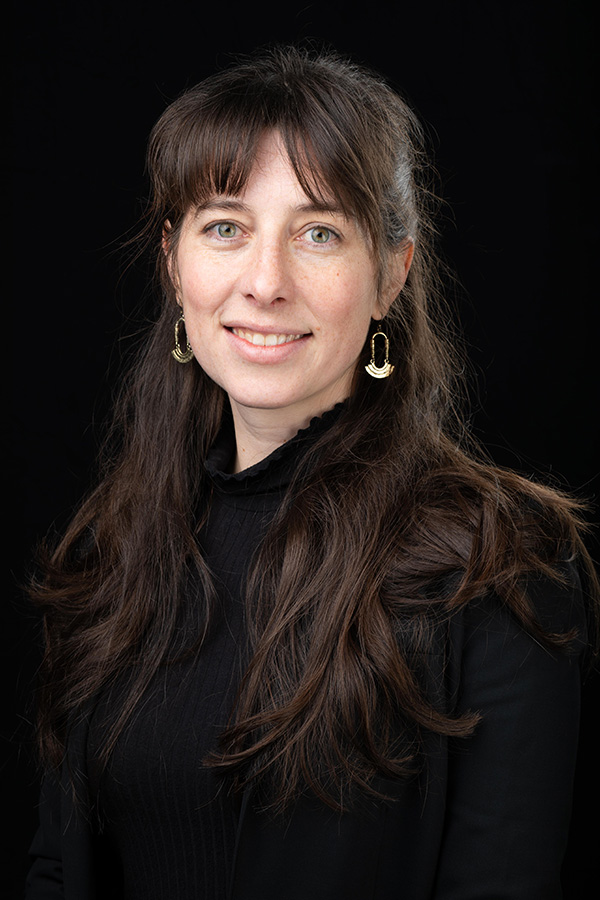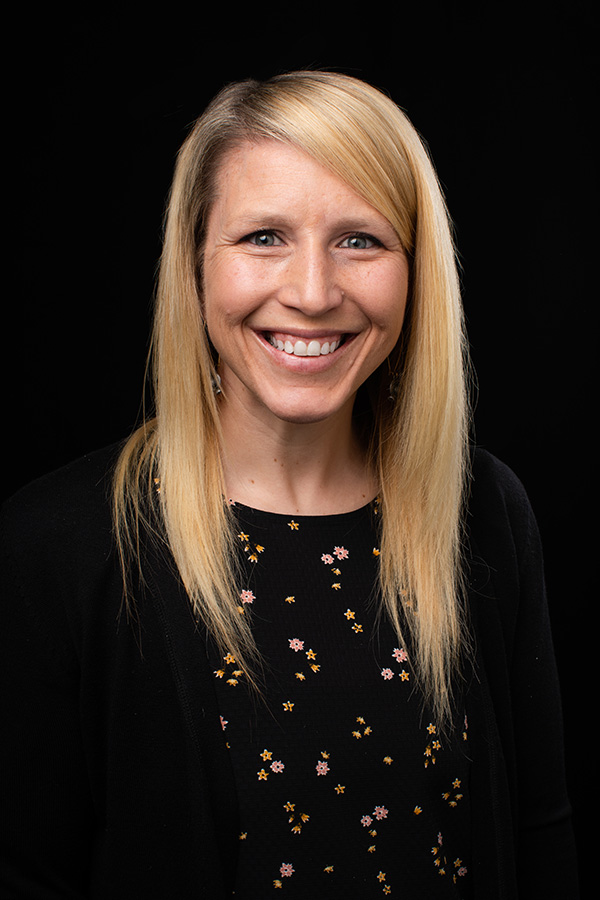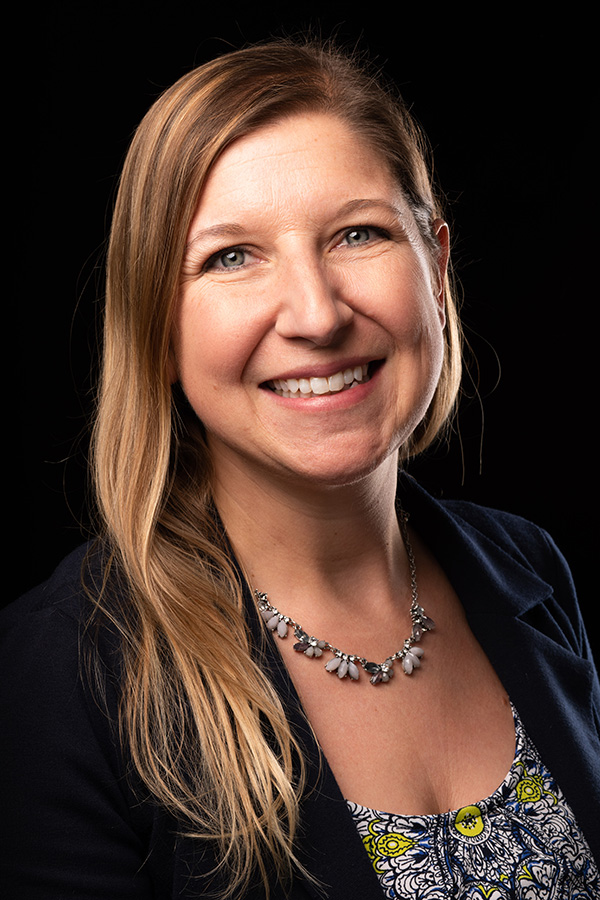BOONE, N.C. — Three teams of Appalachian State University faculty members have been selected as awardees of this year’s Chancellor’s Innovation Scholars Program, with each team receiving up to $25,000 in project funding support from the Office of the Chancellor and the Division of Academic Affairs. The teams’ projects focus on keeping rural residents safe and healthy during floods and strengthening the pipeline of special education teachers in North Carolina.
The program, launched in 2016, funds research, innovations, partnerships and practice at App State that have a beneficial impact on society. This year’s initiative focuses on interdisciplinary collaborations and cross-sector efforts that leverage App State’s research strengths to help build resilience while fostering external funding and partnership opportunities.
“This year’s Chancellor’s Innovation Scholars are advancing research that not only deepens knowledge but strengthens our state — especially rural areas that will benefit from the project’s innovative, community-driven solutions,” said App State Chancellor Heather Norris. “Their efforts will help shape a more resilient North Carolina.”
About the winning teams
Resilience through better flood mapping
One of three App State faculty teams selected to receive project funding support through the university’s 2025 Chancellor’s Innovation Scholars Program. Pictured, from left to right, are App State faculty members Dr. William Wang, Dr. Tinghao Feng and Dr. Zhiyuan (Jean) Yao. Photo by Chase Reynolds
Dr. William Wang, assistant professor in the Department of Geography and Planning, Dr. Tinghao Feng, assistant professor in the Department of Computer Science, and Dr. Zhiyuan (Jean) Yao, assistant professor in the Department of Geography and Planning, have received $23,500 to fund a three-year effort using artificial intelligence (AI) and community input to better map the impacts of flooding, especially in vulnerable areas.
By developing an innovative, AI-driven social vulnerability index, the project aims to model flood risks at fine scale and build local, actionable data that create a more accurate picture of what residents face on riverbanks, hillsides and hollows when waters rise. This work is particularly relevant in the wake of recent natural disasters such as Hurricane Helene and Tropical Storm Chantal.
“Traditional risk assessments often miss crucial local details, such as specific topographic variations and infrastructure conditions, leading to incomplete vulnerability analyses,” Wang said. “By integrating advanced machine learning techniques for spatial flood mapping, algorithms for socioeconomic assessments and temporal forecasting, this project will produce a dynamic, high-resolution index tailored specifically to North Carolina.”
The project fuses data collection with stakeholder engagement, culminating in the creation of interactive digital platforms and educational workshops. The resulting tools and recommendations aim to help emergency managers, policymakers and local stakeholders better anticipate and respond to flood events — particularly for communities that historically experience disproportionate impacts, Wang said. Two to three App State graduate and undergraduate students will participate in key aspects of the work.
Investigating health risks linked to flood-impacted well water
One of three App State faculty teams selected to receive project funding support through the university’s 2025 Chancellor’s Innovation Scholars Program. Pictured, from left to right, are App State faculty members Dr. Dennis Guignet, Dr. Maggie Sugg and Jennifer Schroeder Tyson. Photos by Chase Reynolds
Dr. Dennis Guignet, associate professor in the Department of Economics, and his project team — Dr. Maggie Sugg, associate professor and honors program director in the Department of Geography and Planning, and Jennifer Schroeder Tyson ’07, research professor in the Department of Public Health — will work to address the concern that undetected contaminants may be washing into private wells during floods, impacting health in ways that have not yet been quantified.
Funded with $24,674 over three years, Guignet, Sugg and Schroeder Tyson will start their research with a statistical and geospatial analysis aimed at capturing the scope of the problem. Using flood events as a “natural experiment,” the team will investigate whether there is an increase in related hospital visits and adverse health outcomes following flood events, particularly in flood-prone areas where private well use is significant.
“Water testing can be expensive, and the need for routine testing may be unknown to residents,” Guignet said. “The grant will also help us develop a comprehensive database of existing well-testing programs and potential datasets and support the development of partnerships with community stakeholders.”
The efforts will facilitate future, longer term research and hopefully aid in informing more effective policy and community programs, said Guignet.
The grant includes support for up to two App State undergraduate student researchers who will help analyze data connecting well water to health outcomes in relation to extreme weather events. Students will also help identify the most vulnerable communities and assist with building databases and stakeholder partnerships.
Strengthening NC’s special education workforce
One of three App State faculty teams selected to receive project funding support through the university’s 2025 Chancellor’s Innovation Scholars Program. Pictured, from left to right, are App State faculty members Dr. Aftynne Cheek, Dr. Kelly Clark and Dr. Debra Prykanowski. Photos by Chase Reynolds
Dr. Aftynne Cheek, associate professor and assistant chair in the Department of Child Development, Literacy and Special Education, and her project team members and department colleagues — Dr. Kelly Clark, assistant professor, and Dr. Debra Prykanowski, associate professor — have been awarded $19,478 to expand teacher education pathways in the field of special education by partnering with early colleges and teacher cadet programs in rural areas.
By leveraging existing relationships with these initiatives and local Grow Your Own teacher recruitment and preparation programs, Cheek and her colleagues hope to steer interested high school students toward potential careers as special education teachers, opening avenues for them to interact with the field in a variety of ways, including coursework and field experiences.
“Research tells us that there is a critical shortage of highly qualified special education teachers,” Cheek and her colleagues explained. “Specifically in North Carolina, there are almost 4,000 teacher vacancies across the state, many of which are in special education. One way we hope to address these teacher shortages in this area is to prepare more qualified individuals to enter the special education teaching profession.”
As part of the three-year project, Cheek and her team will develop and distribute needs assessments, analyze data, conduct interviews, revise special education programs of study — both general curriculum and adapted curriculum, and attempt to reshape recruitment pathways for special education teachers, with a goal of seeking additional funding to expand the work regionally.
What do you think?
Share your feedback on this story.
About Appalachian State University
As a premier public institution, Appalachian State University prepares students to lead purposeful lives. App State is one of 17 campuses in the University of North Carolina System, with a national reputation for innovative teaching and opening access to a high-quality, cost-effective education. The university enrolls more than 21,000 students, has a low student-to-faculty ratio and offers more than 150 undergraduate and 80 graduate majors at its Boone and Hickory campuses and through App State Online. Learn more at https://www.appstate.edu.


